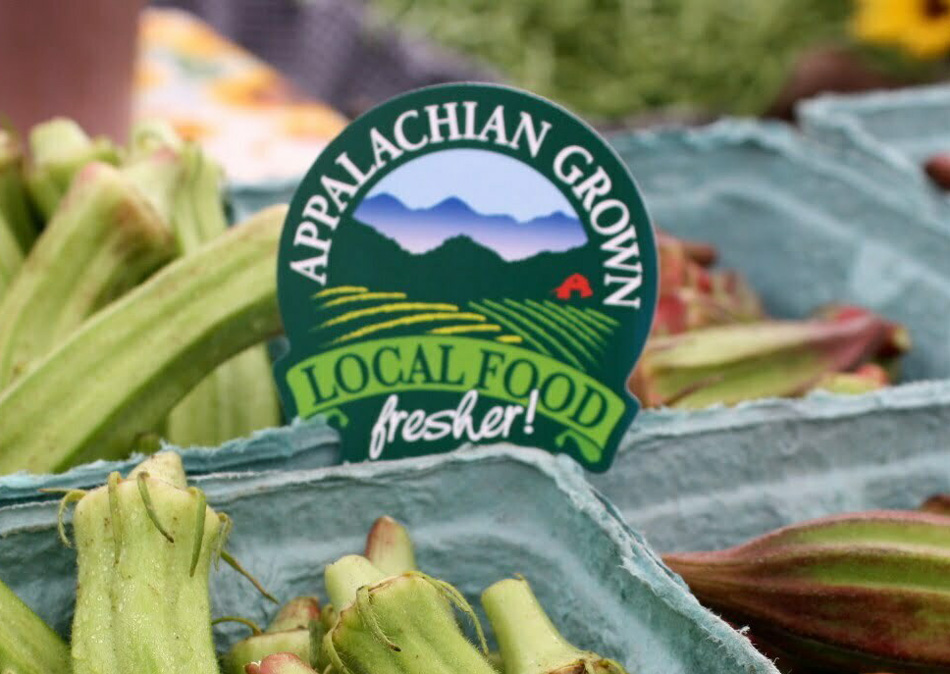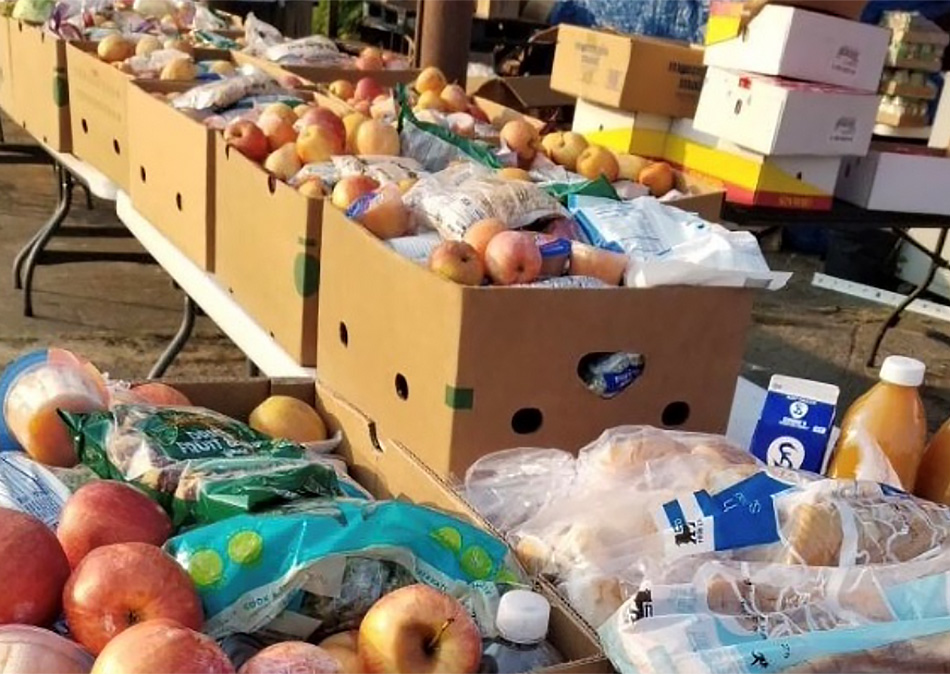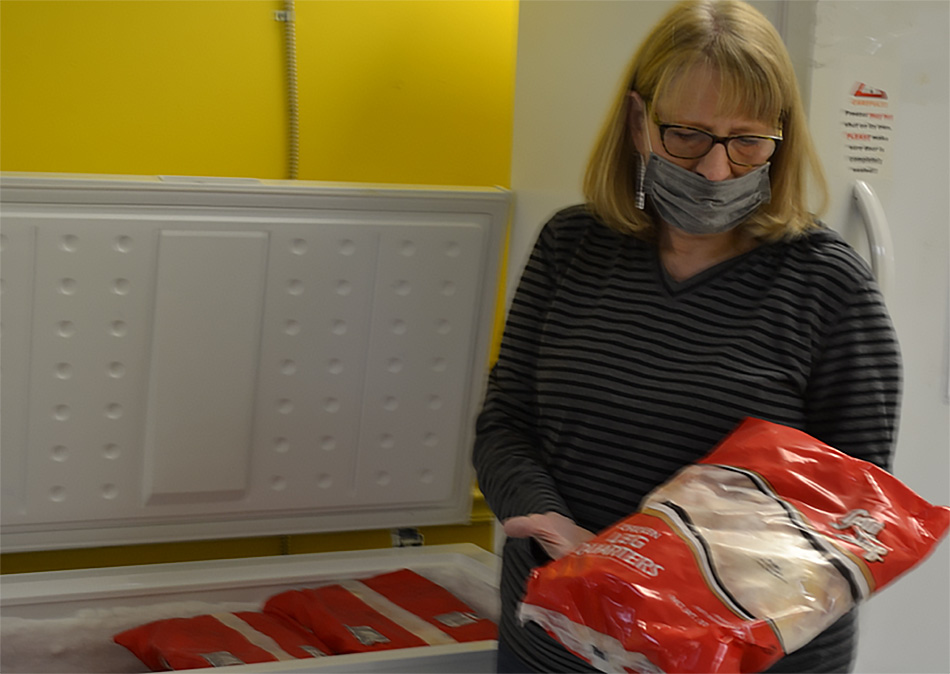At the beginning of the COVID-19 pandemic, we jumped into action. We leveraged our expertise and collaborated with community partners to offer help, support, and guidance to all those we serve. Our communities’ needs have evolved since then and we have kept up to keep our communities safe, healthy and thriving amid these changing times.
A commitment to North Carolina’s communities has been the cornerstone of our mission for over 88 years. And nothing can change that. We continue to adapt the ways we work with our non-profit organizations to provide relief, resources and care. Through our funding efforts, we seek to ensure that people and communities negatively affected by the long-term implications of COVID-19 can thrive moving forward.
Helpful Resources for You and Your Family

COVID-19 has impacted all our lives in ways we never could have imagined – and our communities are our top priority.
Keeping your family safe and fed, finding health care or even figuring out how to afford necessities can take a mental and physical toll.
We want to help. There are resources you can use to make navigating this pandemic a little easier. And we're always here – supporting North Carolina communities – when you need us.
Support During COVID-19:
Dial 211, the North Carolina COVID-19 Crisis Hotline, to get access to:
- Financial assistance and education
- Food and nutrition resources
- Childcare, and more
Online Resources:
- Find free clinics in your area for COVID-19 testing and health care needs for those who are uninsured
- Feeding the Carolinas connects you with food banks in your neighborhood
Behavioral Health Resources:
- Shatterproof1
Find an addiction and substance use disorder treatment facility for you or a loved one - Crisis Text Line2
Provides free, 24/7 support via text message. Text HOME to 741741. - Suicide Prevention Hotline3
1-800-273-8255
Making a Difference Across the State
COVID-19 has impacted more than just our physical health. It’s changed the ways many of us find meals, access health care and get the financial support we need for our families. In response, Blue Cross NC has changed our ways of providing help to the communities and neighborhoods that need us. And we aren’t doing it alone – we’re getting help from organizations across the state.
We asked our community collaborators where our help was needed most. Through these connections and brand-new endeavors with community centers, we’re investing in areas where our resources can make the most impact – including helping North Carolinians access nutritious food and other essentials for well-being through COVID-19 and beyond.
We are focusing our efforts, along with care and coverage for COVID-19, on three main areas:
Food Security:
- Working with food banks statewide to expand their ability to serve communities
- Addressing access to food by delivering meals
- Supporting farm-to-table initiatives for local farmers
Community Centers:
- Helping centers that support communities
- Working with schools to provide relief and support
- Providing assistance to centers helping the most impacted populations
Crisis Relief:
- Relief for our members through COVID-19 care
- Supporting the Red Cross for disaster readiness
- Connecting North Carolinians to testing sites
From the Mountains to the Coast...
We invested more than $7 million in direct COVID-19 relief to help North Carolinians access nutritious food and other wellness essentials, as well as through support to community centers and crisis relief organizations.*
Some ways we work to provide safety, security and well-being include:
Making an Impact
Asheville-based nonprofit Appalachian Sustainable Agriculture Project (ASAP) helps local farmers thrive, links farmers to markets and supporters and helps community members access local fresh food. In March 2020, area farmers reported catastrophic decreases in sales, while the number of people in the region needing food assistance had grown by more than 60 percent.

Through Blue Cross NC’s investment, ASAP:
- Helped farmers markets stay safe and retain customers amid COVID-19 via signage, handwashing stations, free hand sanitizer and masks and other safety measures
- Supported farmers via immediate needs grants and discounted packaging materials
- Developed farm stories to be shared on local and social media and updated its online Local Food Guide to help connect consumers to farmers and local food
- Matched SNAP benefits dollar for dollar at some farmers markets to enable more people to afford fresh produce
- Paid farmers to deliver produce to food pantries and childcare centers, enabling 3,000–4,000 families to receive local, fresh food each week
Our Perishable Capacity Grant for the Food Bank of Central & Eastern North Carolina enabled this organization to purchase 46 cold storage units, including 3 walk-in units, for different Food Bank agencies. For example, the Rock Ministry Food Pantry in Sampson County, which serves 1,325 individuals and 455 families every month, received a double door refrigerator.

More cold storage space was critical for Rock Ministry Food Pantry and other Food Bank partners to manage an unprecedented influx of perishable food. These appliances also expanded the organizations’ capacity to serve and distribute fresh food in the future.
At the start of the pandemic, the food pantry at Balm in Gilead Family Counseling Services in Fayetteville pivoted from an in-person shopping facility to a drive-through for 70-pound food boxes that can feed a family all meals for a week. Blue Cross NC made this possible through a grant that provided several commercial freezers for Balm in Gilead, ensuring that the food pantry could stock and distribute full meals with fresh and frozen food in addition to canned and nonperishable items.

Our grant for Action Pathways, Inc. and the Second Harvest Food Bank also provided a commercial freezer for the Sandhills Family Heritage Association and two chest freezers for Grace Missionary Baptist Church in Lumberton.





 Blue Connect
Blue Connect